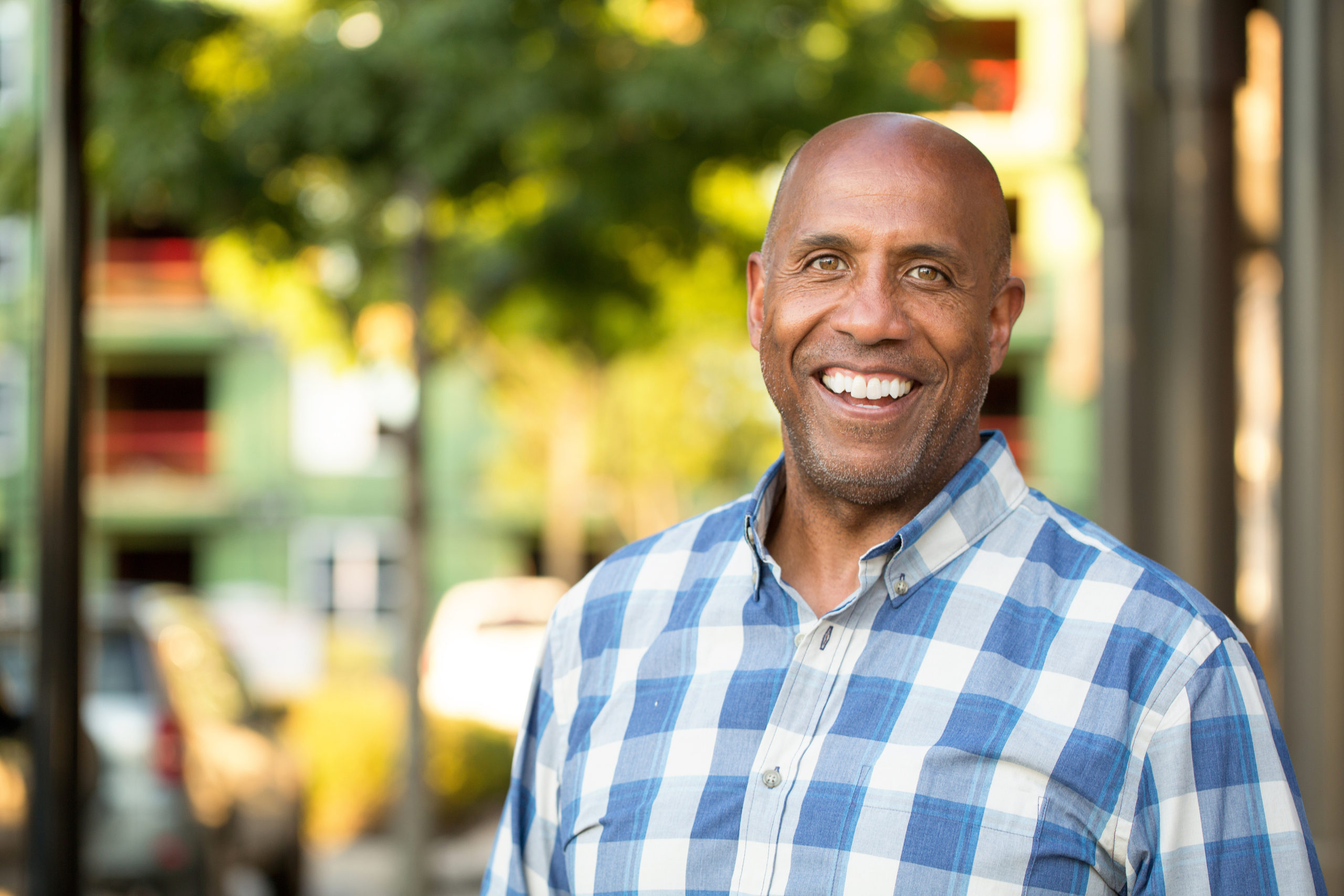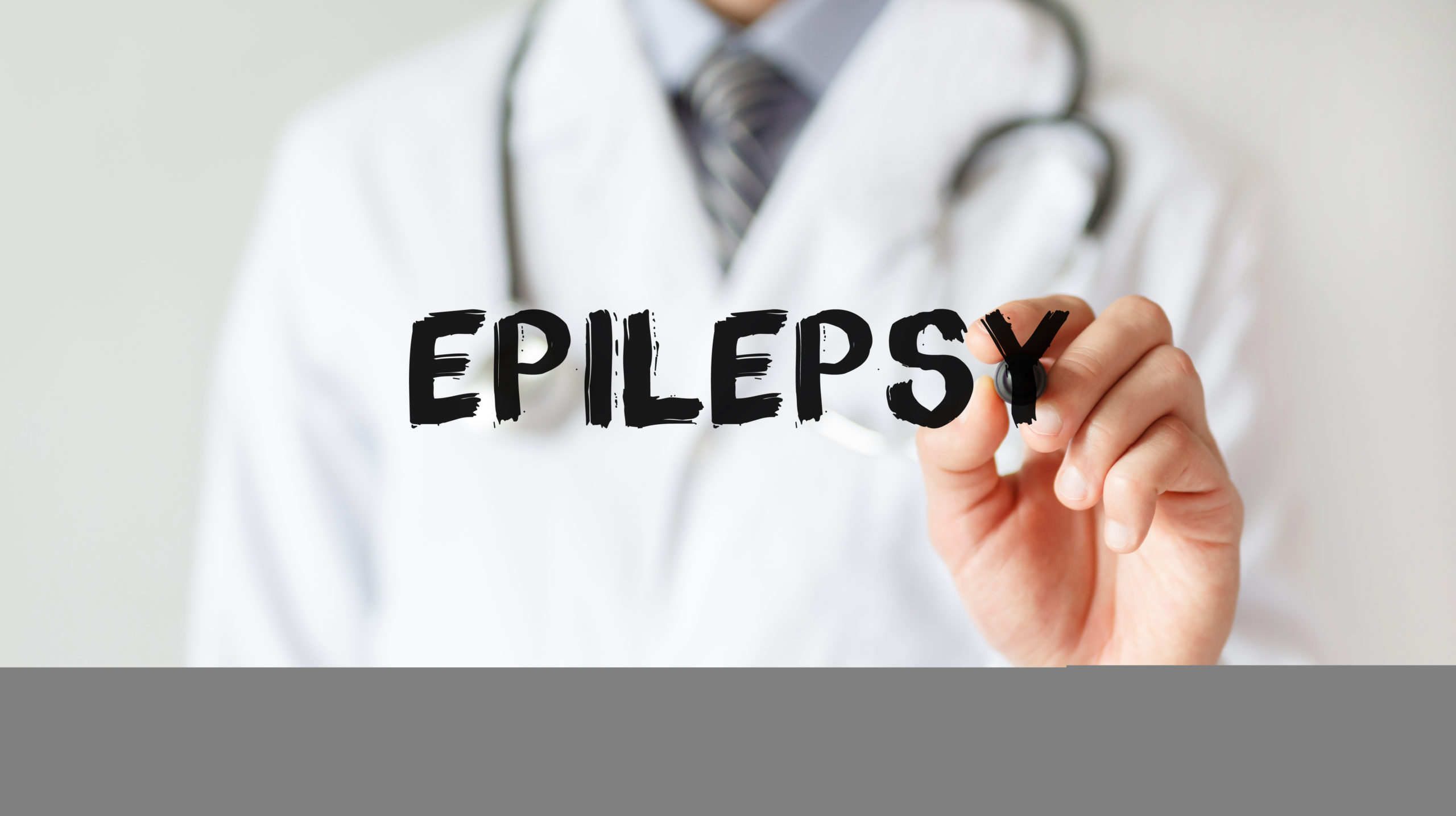Olivia Newton-John finds help herself then opens center to help others.
Olivia Newton-John is likely best known for her iconic role as Sandy in the classic Grease movie which inspired good girls to rebel. What she’s not as well known for is her battle with breast cancer. When diagnosed in 1992, Olivia went through a treatment regime including a mastectomy, breast reconstruction, chemotherapy, as well as holistic add-ons like acupuncture and meditation. For those who have experience with breast cancer, the road to recovery is long and arduous, as well as physically and emotionally exhausting. Nevertheless, she persevered and found herself in remission eventually.
Unfortunately, in 2013, her breast cancer returned, having attacked her shoulder, and with it, severe pain from a tumor in her sacrum. She described it as “months and months of excruciating, sleep-depriving, crying out loud pain.” The pain was so intense, that not only was she unable to walk unassisted, but the impact to her career manifested in the inability to perform. Her medical team treated her with morphine for pain, but she made the decision to wean herself off of the dangerous drug by using cannabis oil. She was astonished at the side benefits it offered such as helping with anxiety and sleep and her husband now grows her medicine.
Today, she’s vocal about touting cannabis as a game changer, and swears by its effectiveness for pain management. Her own journey with cancer inspired the Olivia Newton-John Cancer Wellness & Research Center in Melbourne, which she supports in caring for cancer patients and conducting clinical trials.





